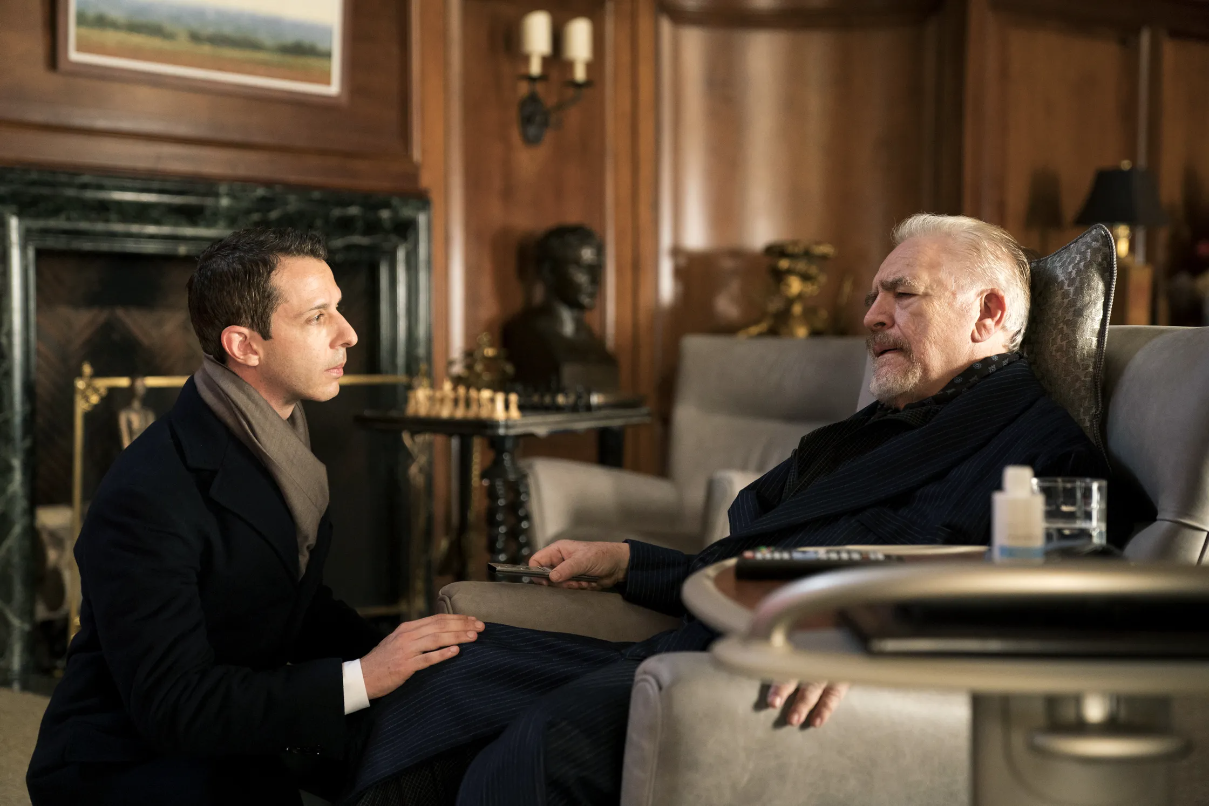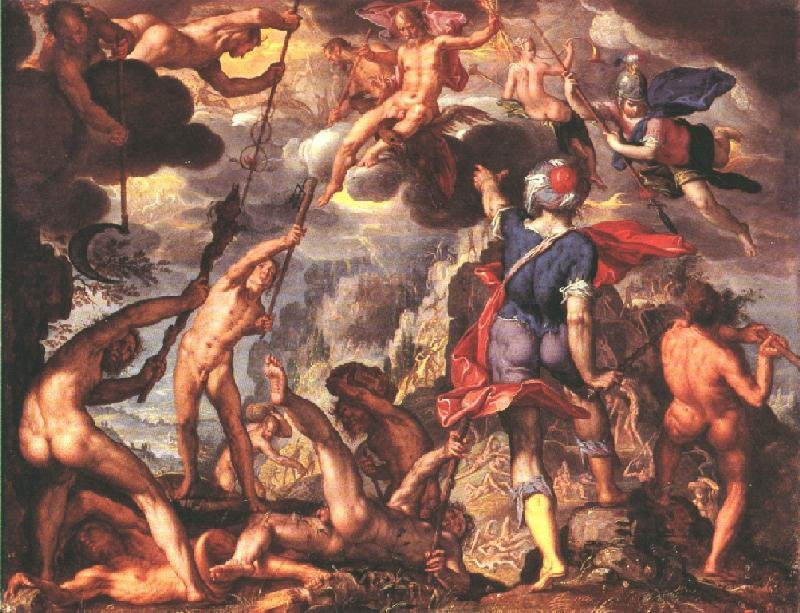Archetypal Lens: Succession
Note: When I started this series of archetypal analyses I chose the name The Archetypal View. Recently I found out that famed astrologer Richard Tarnas has a YouTube channel with that name, so I’ve decided to go with The Archetypal Lens as a working title.
Succession: A Study of the Tyrant King
After a few years of hearing recommendations, we finally decided to dive in and watch the HBO show Succession. I was reluctant because initially I didn’t see a character I could sympathize with. But once we got a couple episodes in, I found myself feeling for Kendall, son of media tycoon Logan Roy and would-be heir to his vast empire. Viewed through an archetypal lens, Logan embodies the aging King — specifically in its shadow aspect of the Tyrant.
Logan and Kendall Roy in HBO’s Succession
Robert Moore writes in King, Warrior, Magician, Lover:
“It is the Shadow King as Tyrant in the father who makes war on his sons’ (and his daughters’) joy and strength, their abilities and vitality. He fears their freshness, their newness of being, and the life-force surging through them, and he seeks to kill it. He does this with open verbal assaults and deprecation of their interests, hopes, and talents; or he does it, alternately, by ignoring their accomplishments...”
We see this dynamic play out over the course of the three seasons. Kendall eventually comes to the conclusion that he must “kill” his father in order to save the empire — mirroring the mythological and historical idea that when the King loses his virility and/or goes mad, the kingdom languishes. The solution was to either literally or symbolically kill the King every year in order to revivify the land and its people. "The King is dead! Long live the King!"
The Prince (Jeremy Strong) consults the ailing King (Brian Cox).
A disruption in this natural cycle occurs when there’s a Tyrant King on the throne. The Tyrant is only concerned with maintaining his own power so he will do anything to hold onto it, including destroying his would-be successors. There are many resonances with the myth of Kronos, the leader of the Titans who devoured his children to prevent them from taking over and ushering in a new era.
Saturn Devouring His Son (detail) by Peter Paul Rubens
The question of whether Kendall will overcome his own weaknesses and step into the role that Zeus played in the killing of his father Kronos remains to be seen, but he could surely benefit from a study of Greek myth.
Joachim Wtewael, The Battle Between the Gods and the Titans
By looking at our life through an archetypal lens, we can identify patterns that have played out again and again since the dawn of time, which helps depersonalize our struggle and inspire fresh ways of meeting life’s challenges.





